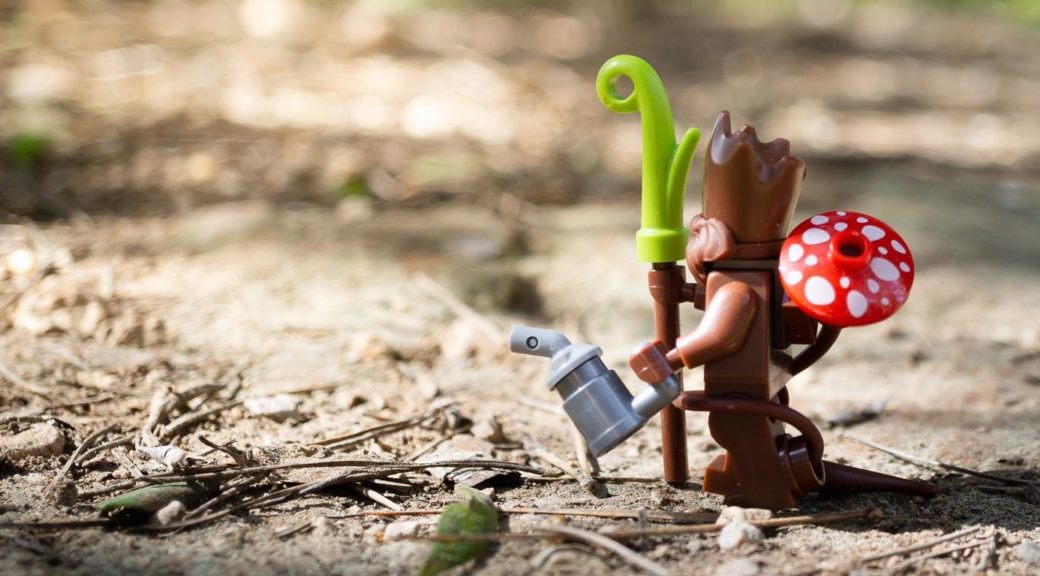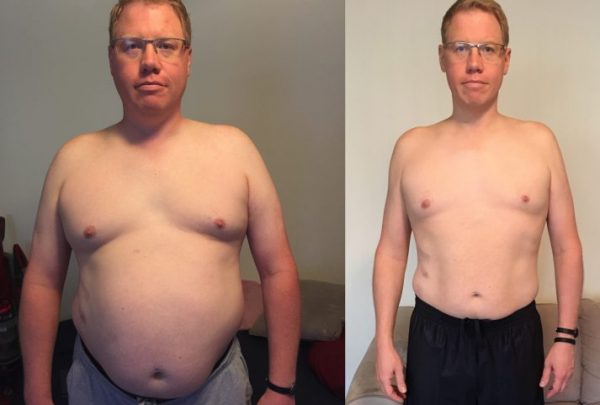
How to start getting in shape: 3 tips for complete beginners
Usually we publish serious, scholarly pieces for the health and fitness veterans who have failed more than one fancy diet and broken more than one base bench, but today we’re going to remember those who have first – at any age – stumbled onto Planet Fitness and just don’t know where to start.
So you’ve decided that it’s time – for the first time in your life – to take up exercise. Great, but the first shock for the newcomer is that there is so much information on the internet that you drown in it. You flip through the pages for weeks… and still do nothing.
We know what you mean! And we want to help!
Of course, there is no one-size-fits-all recipe, but we’ll try to highlight the basic things that will help most people.
Planet Fitness rests on three pillars:
- Training
- Nutrition
- Mental health
When we work with clients personally, we guide them on how to start developing healthy habits in each of these three areas.
So, what are the very first steps?
Training
It’s clear that to get fit, you need to start moving. But how, exactly? If you’ve never done anything (athletic) before, the best first step is… taking the first step. Yes, walking is a great way to start your fitness journey. Just get your shoes on and get outdoors.
Excessive pride (or guilt) can make some newcomers exclaim: “But it’s not enough! I need more exercise!”
It’s cool that you’re looking for a worthwhile challenge, but don’t underestimate the effectiveness of a simple walk. Here’s why:
If you start making time to walk regularly, you’ll become accustomed to exercising regularly.
In short, the most important thing for you at the start is to develop a habit. Not exertion in and of itself.
So start by walking two or three times a week, for example.
What’s also good with walking is maximum accessibility. You can exercise anywhere, in any clothes, at any convenient time. Just decide to start and do it.
And it’s really good for your health: Australian scientists analysed the medical histories of as many as 50,000 walkers and were amazed to find that brisk walking was enough to significantly reduce the risk of cardiovascular disease and all-cause mortality

If regular walks are already part of your workout programme, you can start exercising more intensively.
For beginners, we offer such a workout – not even a trip to a health club:
1. Squat (without weight) x 20 reps
2. push-up x 10 reps
3) Walking in lunges x 10 steps with each leg
4 Dumbbell lifting (milk cans, cereal packs, etc.) in an incline x 10 reps with each hand
5. Plank x 15 seconds
6. Jack squat x 30 reps
Start right now in your room!
Nutrition
This one’s our favourite. There’s a never-ceasing debate amongst health/wellness aficionados about the ‘best’ diet. For some, it’s keto (a couple of pieces on the peculiarities of a fatty diet). For others, it’s paleo. Or vegan. Or whatever.
Trouble is, if there’s one dietary scheme that appeals to you, again there’s too much conflicting information about it on the internet. Basically you’re banned from everything:
- eliminate wheat products, or
- eat less meat, or
- give up ice cream (the beasts!)
We do the opposite – we teach our clients to eat and drink more. Instead of depriving people of their favourite foods and meals, we advise them to add something healthy, like simply drinking more clean water and eating more fresh vegetables. Simple steps: an extra glass of water a day or a bonus carrot at every meal.
From a physiological point of view, obviously, healthy supplements leave less room for high-calorie junk, but the psychological aspect is particularly important here: eating right is perceived as something positive, not negative. If you start with restrictions, the result will be the opposite.
This step may also seem “too easy” or “not enough” to some, but trust me, it’s not so easy to stick with it all the time (i.e. develop the habits we want).
And it’s the consistency that will lead to long-term – and very noticeable – changes in your figure.
But if you haven’t started from scratch (already drinking more water and eating more vegetables), here’s the next step – work on making your meals look like this.
Mental health
Most of the time, all the talk about getting fit ends with the two factors described above – diet and exercise.
All too often overlooked is the psychological state of mind.
No magic diet or fiery programme can help if you’re so stressed that you simply can’t focus on developing the right habits.
That’s why we also teach our clients how to manage stress. And here we offer several tools to choose from:
1) Improving the quality of sleep
Good sleep helps with any task, while bad sleep slows things down.
A couple of the easiest steps:
- Turn off all screens an hour before bedtime,
going to bed and waking up at the same time – even on weekends.
2) Keeping a diary
Just take a piece of paper (or your favourite smartphone) in the evening and write down a few thoughts about the day before. For example:
- Any achievements you made today,
things you’re grateful for,
things that upset you (this helps too).
Your diary is the safest place where you can dump all the accumulated weight from your head for recycling, which helps reduce stress levels quickly. If something is bothering you, write it all down on paper – it helps you forget about the bad stuff. Our brain is designed to create ideas, not store them and chew them endlessly.
3) Meditate
Just close your eyes and concentrate all your attention on your breathing: breathe slowly and deeply.
It sounds too simple, but even this pause will help you relax and refresh yourself.
You won’t learn how to “empty your mind” right away, but at least you’ll let the occasional and disturbing thought fly back out just as easily.
If you get serious about learning how to meditate, a five-minute session after work can alleviate all the stress of a hectic day.
Pick one of these three and start applying it regularly, at least a few times a week. When things get going, add the next one.
Persistence is the key to success
So, if you’re determined to commit to yourself, your figure and your health, it’s worth focusing on these first steps:
- Exercise – walk several times a week. Don’t think about how many kilometres (or hours) you need to cover; make a decision and exercise regularly.
- Nutrition – start with an extra glass of water and a serving of vegetables to each meal.
- Mental health – choose just one technique to deal with stress. It could be a short meditation, keeping a journal or some measure to improve your sleep patterns.
That’s it. These are the simplest habits to help you move more, get more healthy nutrients and relax properly.
Nothing complicated or revolutionary. That’s the point.
Challenge isn’t about accomplishing some feat, it’s about taking simple steps all the time.
So yes, the actions we’ve suggested today may seem too simple for you. But if you consolidate these habits, you can move on to more challenging tasks.
Start small now and add more tasks later, when you are ready.
